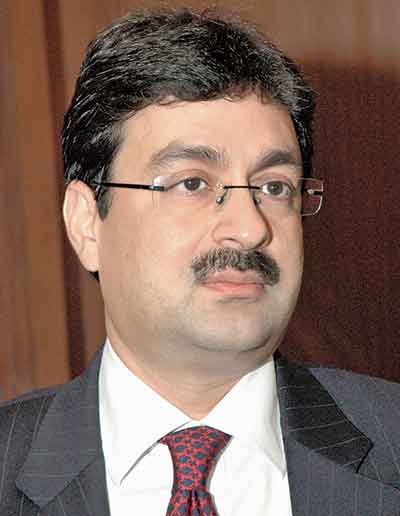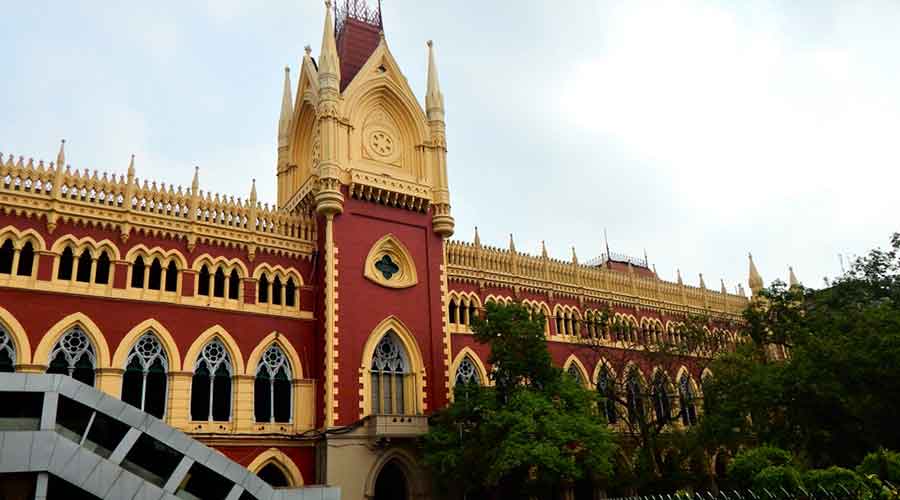The trial court order restraining Harsh Vardhan Lodha from all the entities of MP Birla Group will be contested by Lodha’s counsels on two key grounds when they file an appeal before the division bench of Calcutta High Court on Monday.
The Lodha camp is likely to argue that the order extends the reach of the committee of administrator pendente lite (APL committee) to 30 entities — which include investment and manufacturing companies, trusts and societies — even though most of them were not part of the estate of late Priayamvada Devi Birla (PDB).
The Lodhas will also contest that part of the trial court order which allows the three-member APL committee, which was appointed by the HC in 2012 to oversee and protect the estate of late Priyamvada Birla, to take decision by a majority.
Justice Sahidhulla Munshi restrained Lodha on Friday from holding any position in the MP Birla group and drawing any benefit. Lodha will seek an immediate stay on the operation of the order before the division bench.
The legal feud between the Birla family and the Lodhas erupted in 2004 when late Rajendra Singh Lodha sought the probate of late Priyamvada’s purported will which landed the control of the MP Birla group to him and after his sudden demise in 2008, to his younger son Harsh.
Three of the four listed manufacturing companies have informed bourses they are reviewing the matter.
The Birla camp argued that Lodha has ceased to be a director of all companies and if he attends any board meeting, gives direction or even enters the office premises of these entities, it would be construed as contempt of court.
Asked if the Birlas would move court again to enforce the trial court order, a source said: “We are reviewing the matter,” pointing out that communiques sent by the companies are inadequate.

Harsh Lodha File picture
Estate logic
The Lodha camp may argue that the extent of control of the committee is limited to the inventory of assets of the estate of late Priyamvada, which has been unanimously agreed upon by all sides multiple times. The inventory does not include the companies in which she did not hold shares personally, nor does it include trusts or societies which hold significant holding (14.35 per cent) in Birla Corporation Ltd.
However, around 30 third-party companies, trusts and societies holding shares in various companies of MP Birla Group, have been asked to exercise their voting right in accordance with the directions of the administrators by the trial court.
A four-tier structure controls the five MP Birla Group manufacturing companies. While four — Birla Corp, Vindhya Telelinks, Universal Cables and Birla Cables — are listed, Hindustan Gum and Chemicals is unlisted.
Such an order has been passed thereby taking away the voting right of such third party entities without hearing them, the Lodhas said.
Lodha may also point out that the APL committee in the past had written to the company secretary of Birla Corp giving proxy for 1,260 shares only, which late Priyamvada Birla directly held in her name.
Attention will also be drawn on how a division bench had made a distinction between Harsh Lodha as a legatee in a probate suit and Lodha as a director and chairman of a company.
“The same court has previously made clear distinction between Harsh Lodha as chairman of Birla Corporation and Harsh Lodha as a proponent of the Will when the Birlas in 2016 made an unsuccessful attempt to block Birla Corporation's acquisition of Reliance Cement,” Debanjan Mandal, partner of Fox & Mandal and counsel for Lodha, said.
No restrictive order was passed by the probate court which held that it had no jurisdiction over outsiders. But that distinction was completely lost in Friday’s verdict, Mandal countered.
Majority view
The trial court allowed the APL committee to decide based on majority decisions. After retired judge Mohit Shah joined the committee, it has taken decisions which went against Lodha. It had asked all investment companies to vote against resolutions seeking the appointment of Lodha and profit-linked remuneration in listed companies.
Lodha’s counsels are likely to point out that twice in the past committee members had sought guidance from a division bench of the HC whether a decision can be taken by majority. However, no explicit order was granted.










